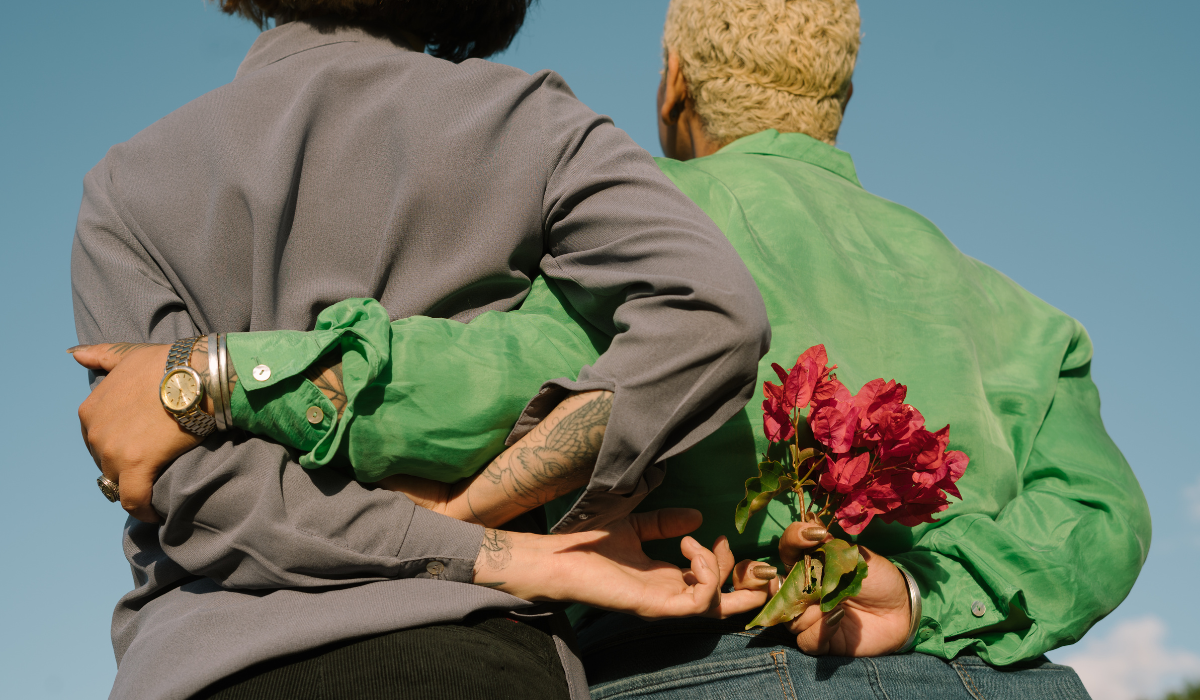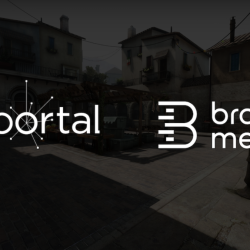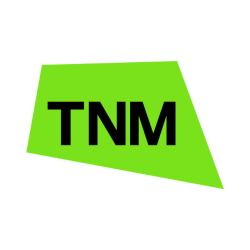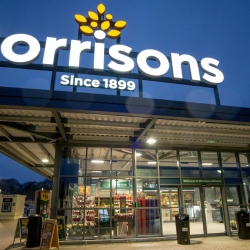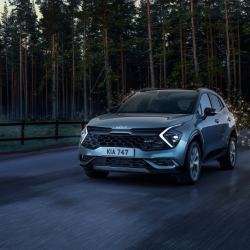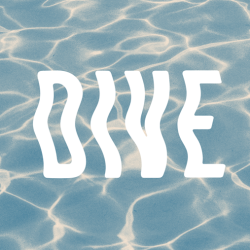Whatever you call it — collaboration, cooperation, co-branding — when organisations with shared values join up to create something new, something positive is bound to result. Greater awareness. Deeper connections. Stronger communities.
Sir Keir Starmer’s New Year’s speech emphasises that partnership would be integral to the success of his vision under a Labour government. He spoke about “bringing the expertise of public and private, business and union… and using that partnership to drive our country forward”. Not an unheard-of concept, but government has lagged well behind business when it comes to tapping the potential of joining forces outside its own bureaucratic milieu. Still, a refreshingly optimistic note that has wider cultural and economic implications.
Spirit of connection
If Starmer and the Labour Party are serious about a partner-centric government driving change, looking to retail as a case study is a good place to start. Since the early 2000s, creative retail collaborations have transformed the fashion sector, reaching new audiences, reviving flagging brands, delighting consumers. Seasonal collabs at every price point — H&M x Karl Lagerfeld, David Shrigley x Ruinart, Louis Vuitton x Yayoi Kusama — are now part of the annual collection calendar.
Fruitful alliances have been bubbling away in other sectors too: automotive (a limited-edition suitcase by Porsche and Rimowa); fitness (Technogym x Dior Vibe); hospitality (P&O Cruises and chef Marco Pierre White); homewares (Dolce & Gabbana x Smeg)… More unexpected combinations are inevitable as brands fight for eyes, attention and new revenue streams.
This community-building spirit is also driving the agenda where business meets politics. Against the backdrop of the war in Ukraine and what feels like a painfully slow recovery from the Covid-19 pandemic, the theme at this year’s World Economic Forum in Davos (16-20 January) is Cooperation in a Fragmented World; the conference aiming to provide “a platform to engage in constructive, forward-looking dialogues and help find solutions through public-private cooperation.” There were some interesting collaborations there — on one panel about Data Collaboration saw Mastercard sitting alongside not for profit HUB Ocean, on another, about sustainability, Unilever was in conversation with the World Farmers’ Organisation.
Competitor to collaborator
Something in the air? Or simply a proven concept that, from its roots in good old-fashioned brand mashups with trainers and hoodies, has been slowly but surely shifting mindsets away from ‘competitive’ towards ‘collaborative’? Maybe even thinking about collaborating with traditional competitors.
Take McDonald’s and Burger King. Back in 2019, the two competitors collaborated on the ‘Day Without a Whopper’ campaign. BK took the Whopper off their menu to encourage customers to buy Big Macs — and thus helped McDonald’s raise money for children’s cancer charities. In a similarly philanthropic move, Adidas and Allbirds came together to create a new approach to sustainable footwear.
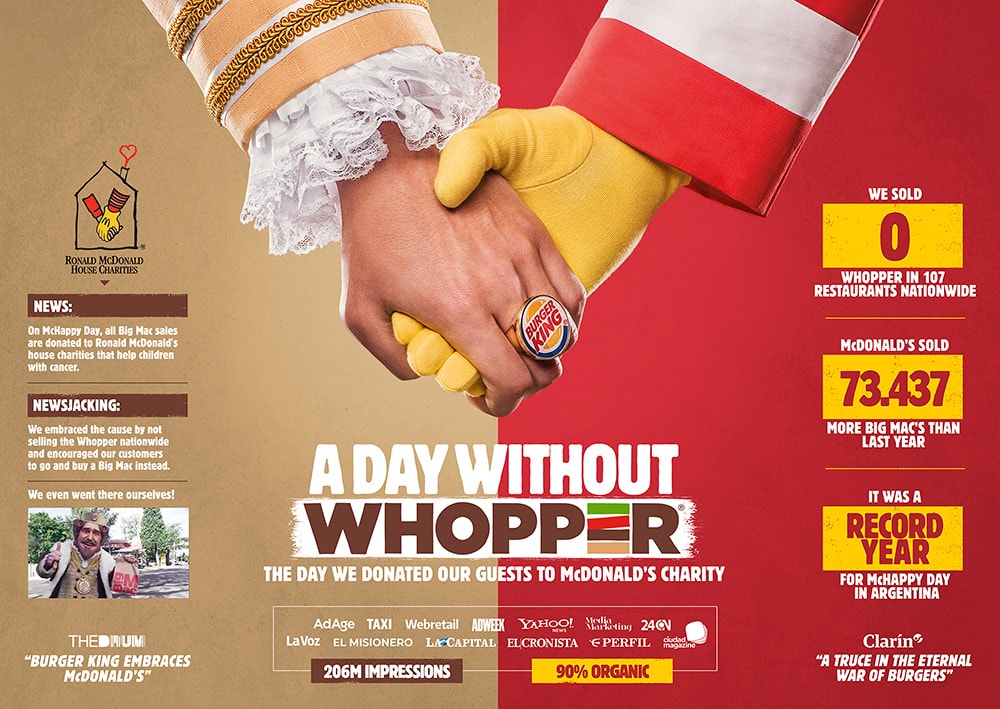
Of course the ideal collaborative scenario is one in which each partner business fosters its own culture of collaboration internally. When the whole team is operating together, working with an equally on-board partner can supercharge the effort and de-scale risk. A study by Stanford University found that people who work in collaborative settings are 50% more effective at completing tasks, boosting motivation and engagement.
So if the tumult throughout 2022 was about reset, recovery and recruitment, let collaboration be your theme for 2023. Look for partners whose culture and values mirror yours but whose complementary skills will create a ‘whole package’ partnership. Make a competitor a collaborator. You may end up having a small but powerful influence on this fragmented world.
Featured image: The Retha Ferguson Collection / Canva

















